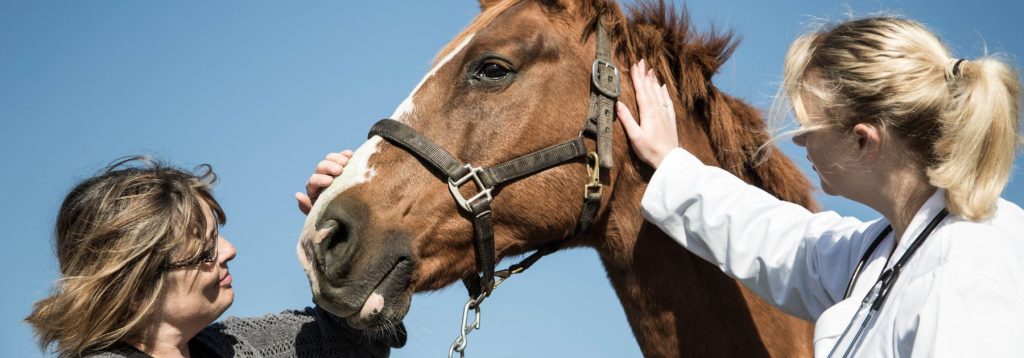Vetpharmacy.co.uk Cookie Policy : We use cookies to enhance your user experience. To find out more please view our cookie policy
Horse Worming Medication From Vet Pharmacy: Ensuring Optimal Equine Health
Get Horse Worming Medication Online
Are you looking to get horse worming medication online? Keeping horses healthy and free from internal parasites is a vital aspect of responsible horse ownership. Horse deworming, also known as equine worming, plays a crucial role in maintaining the well-being of these majestic creatures. In this blog, we will delve into the significance of horse worming, the risks posed by common parasites, the recommended worming schedules, signs of worm infestation, best practices for administering wormers, and the importance of collaborating with a veterinarian to develop a personalised worming program.
Why is Horse Worming Important?
Internal parasites can wreak havoc on a horse's health, leading to various complications and discomfort. Common equine parasites include large and small strongyles, roundworms, tapeworms, and bots. These parasites can cause significant damage to a horse's digestive system, impair nutrient absorption, compromise the immune system, and even lead to life-threatening conditions. Regular horse worming is crucial to controlling and preventing these parasites' proliferation, safeguarding the horse's overall health.

Determining the Worming Schedule
The frequency of horse worming depends on several factors such as age, lifestyle, and geographic location. Young horses and horses in high-risk environments may require more frequent deworming. The type of dewormer used is also essential, as different products target specific parasites. Common types of wormers include benzimidazoles, avermectins, and moxidectin. Collaborating with a veterinarian can help determine the most suitable worming schedule for your horse.
Recommended Worming Schedule
Foals
Foals should be dewormed regularly from two to three months, using a product effective against roundworms and other common parasites.
Broodmares
It is recommended to deworm broodmares before breeding to minimize the risk of parasite transmission to the foal. Consult with your veterinarian for an appropriate deworming regimen.
Competition Horses
Horses that frequently travel and come into contact with other horses should be dewormed more frequently to reduce the risk of parasite transmission.
Pasture Management
Implementing good pasture management practices, such as regular manure removal and rotational grazing, can help reduce the risk of parasite infestations.

Signs of Worm Infestation
Detecting a worm infestation in horses is crucial for timely intervention. Some common signs include poor coat condition, weight loss, colic, diarrhoea or constipation, reduced appetite, and lethargy. Severe infestations can lead to more severe complications, including intestinal blockages and anaemia. It is essential to address these signs promptly to prevent further damage to the horse's health.
Best Practices for Horse Worming
Administering wormers correctly is essential to ensure their effectiveness and avoid potential complications. Here are some best practices:
- Follow the instructions provided by the manufacturer and consult your veterinarian if you have any doubts.
- Calculate the appropriate dosage based on your horse's weight and administer the dewormer orally using a syringe.
- Rotate between different types of wormers to target various parasites and prevent resistance.
- Store dewormers in a cool, dry place, and check their expiration dates to ensure their efficacy.
- Work closely with your veterinarian to develop a tailored worming program that considers your horse's specific needs.

Regular horse deworming is a crucial aspect of equine healthcare that should not be overlooked. By implementing an appropriate worming schedule, practising good pasture management, and closely monitoring the signs of infestation, horse owners can ensure the well-being of their beloved companions. Remember, collaboration with a veterinarian is invaluable in developing a personalised worming program for your horse. By taking proactive measures, you can safeguard your horse's health and contribute to its long and fulfilling life.
Please take action today to protect your horse against parasites and prioritise their health and well-being! Order your horse deworming medication online at Vet Pharmacy or contact us today to find out more.
This blog was written on behalf of Vet Pharmacy by Pharmacy Mentor.